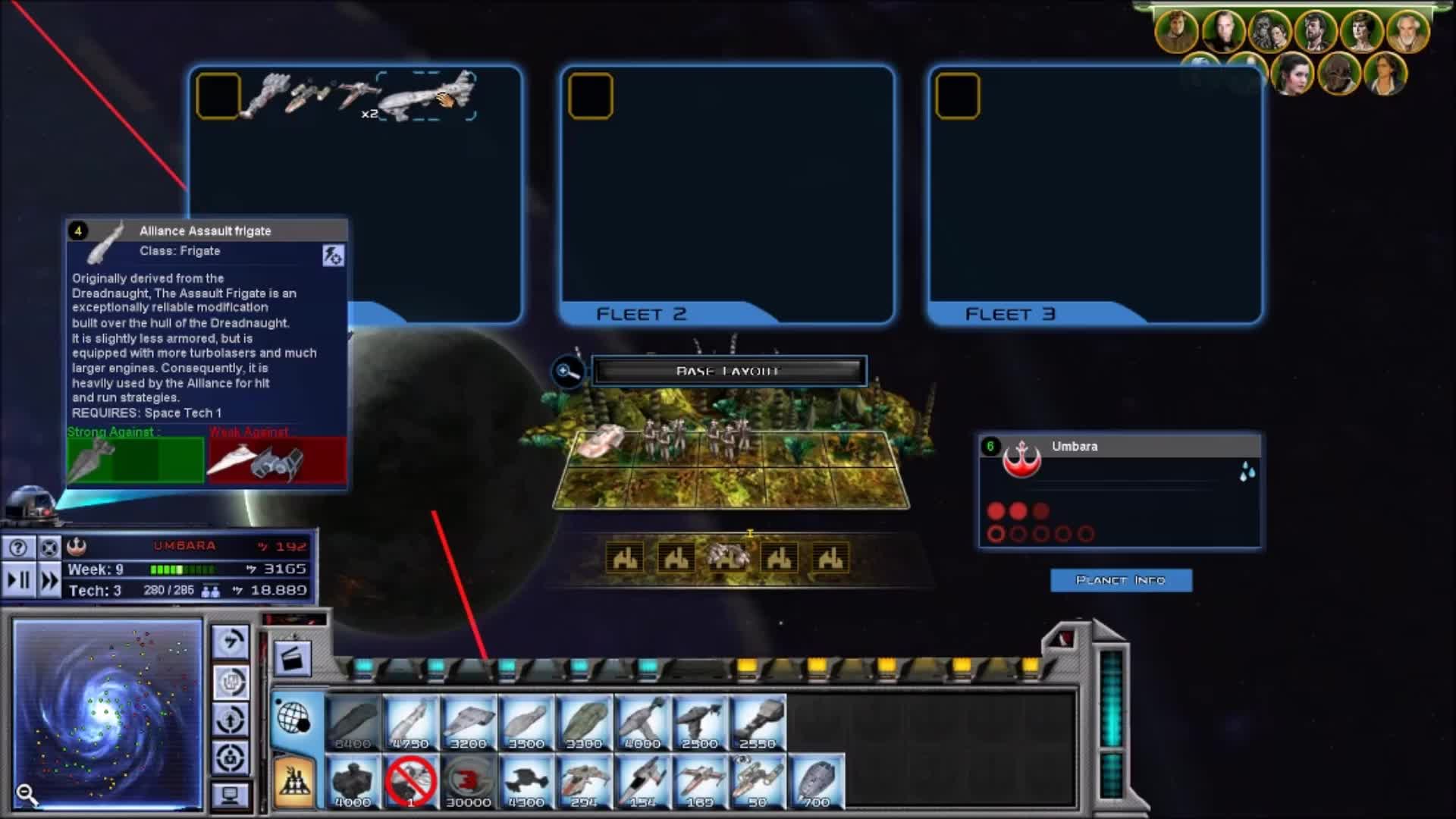
The student pdf also includes links to the interactive exercises. The second interactive asks students to draw a conclusion from the piece. This exercise lends itself well to whole-class discussion with projection on a screen or smart board. You may want to make these tasks, or at least the first two, a pencil-and-paper assignment.

The first interactive activity asks students to do three things: identify words and phrases that make the piece a satire, explain why the language they chose is satirical, and compare their choices and rationales with ours. For close reading we have analyzed the article through fine-grained, text-dependent questions. We have numbered the sentences to make it easier to teach. In 1730, as a twenty-four-year-old, his firm embrace of the rationalistic philosophy of Deism could easily have moved him to take aim at the irrationality of enthusiasm as it might manifest itself in a witch hunt. Although Franklin later befriended the preacher George Whitefield, a major figure in the First Great Awakening, he remained suspicious of the revival’s enthusiasm throughout his life. Thus the satire could be seen as foreshadowing the attitude many among the elite took toward the religious emotionalism, which they called “enthusiasm,” of those caught up in the Awakening’s fervor.

The publication date of 1730 places the piece on the earliest fringe of the First Great Awakening, which had its initial manifestations around New Jersey and Pennsylvania.


In addition to illustrating how satire works, this piece could be used to highlight cultural differences between the educated elite of the eighteenth century who were influenced by Enlightenment thought and the common folks who were not.


 0 kommentar(er)
0 kommentar(er)
